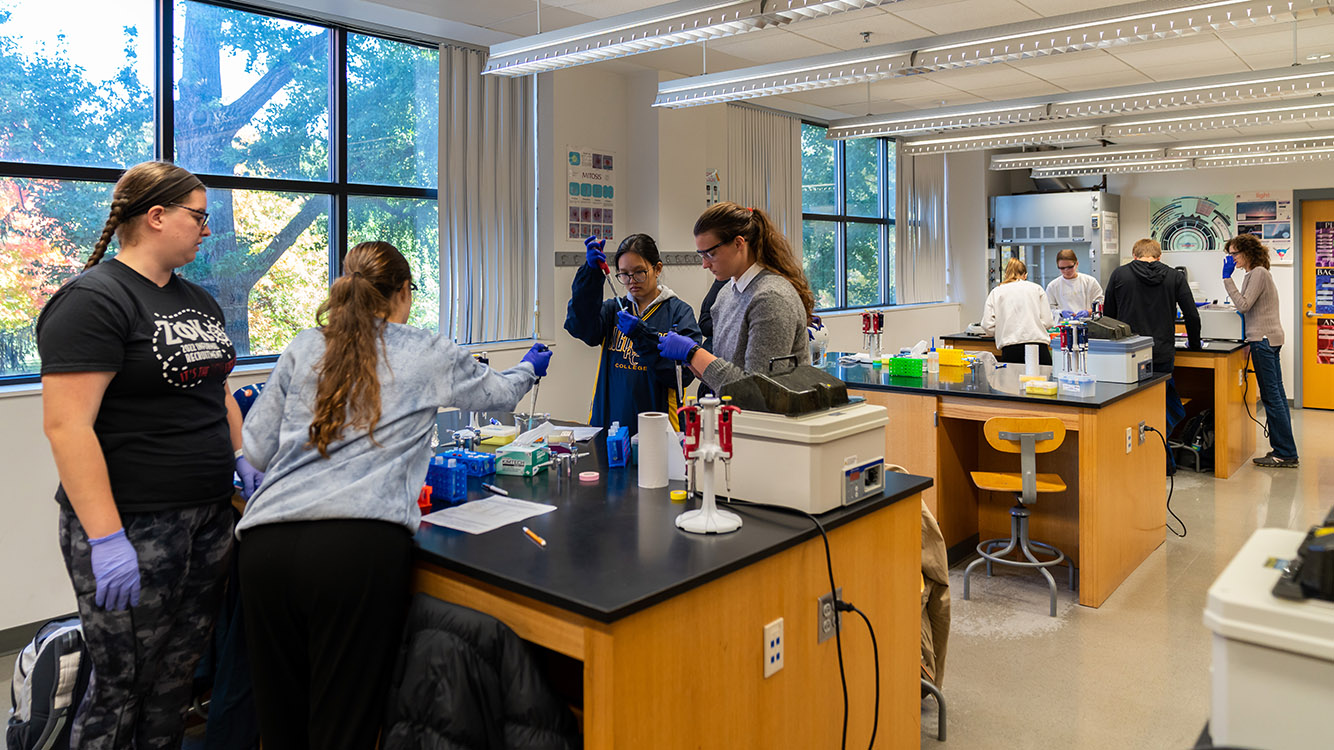
Preparing health care professionals for a world that needs them
Supportive mentors, experience in the field and a foundation in the liberal arts and sciences prepare Augustana graduates for the complex future of health care.
If you’re fascinated by the chemistry of living things, Augustana’s biochemistry major can take you far.
The direction you choose might be biochemistry or biomedical sciences, or it could be an applied field such as biotechnology, molecular genetics, immunology, pharmacology, toxicology or forensic science. Biochemistry is an ideal background for the health professions, and also useful — especially with your liberal arts foundation — for business, law, and communications in the life sciences.
If you’re thinking of graduate school in biochemistry, our history looks good for your future. The placement rate for Augustana biochemistry and chemistry majors who continue to graduate school at major universities is close to 100% for more than 25 years.
Your brilliant mentors and big opportunities in a small class/lab setting will help you get there. You’ll have substantial research experience — in and out of class, on and off campus, with professors and others, during the school year and in the summer.
On campus, you’ll spend a lot of time in the recently expanded Hanson Hall of Science, which has five labs dedicated specifically to undergraduate research — including the extensive Guehler biochemistry lab.
• Augustana’s biochemistry major is offered through the chemistry department, which is nationally accredited by the American Chemical Society.
• Each year, Augustana biochemistry majors are among the select students taking part in the prestigious Summer Internship Research Program at the Texas Medical Center in Houston.
• Biochemistry students have access to grants for both on- and off-campus research. One of these is Augie Choice: $2,000 to support each Augustana student’s internship, research experience or study abroad.
• Many chemistry and biochemistry majors attend and present their research at regional and national conferences, such as the Argonne Undergraduate Research Symposium at Argonne National Laboratories near Chicago, the annual Sigma Xi meeting, and the annual meeting of the American Society for Biochemistry and Molecular Biology.
Giang Pham ’21 is a research associate at Yale College of Medicine.
Kalli Majewski ’21 is a physician assistant student at Touro University.
Samantha Anne Dinglasan '20 is a research assistant at Cincinnati Children's Hospital Medical Center.
Lauren Endress '20 is a development engineer at Particulate Solid Research Inc., specializing in fluidized bed and particle technology.
Chelsea Brandt '20 is bilingual (Spanish) clinical informatics specialist at Oak Street Health in Geneva, Ill.
Mia Lambert '20 is a medical student at Southern Illinois University School of Medicine.
Juliana Pinheiro '20 is a research coordinator at Northwestern Memorial Hospital in Chicago.
Sarah Litwin '20 Greenberg is a senior functional chemist at Stepan Company in Chicago.
Alfred Dei-Ampeh '19 is a student at Baylor College of Medicine in Houston, Texas.
James Hartnett ’17 is an associate scientist II for Abbott Diagnostic Division's R&D Biologics Discovery Team in Bartlett, Ill.
Lizeth Tamayo ’16 is a Ph.D. graduate researcher in genetic epidemiology at the University of Chicago.
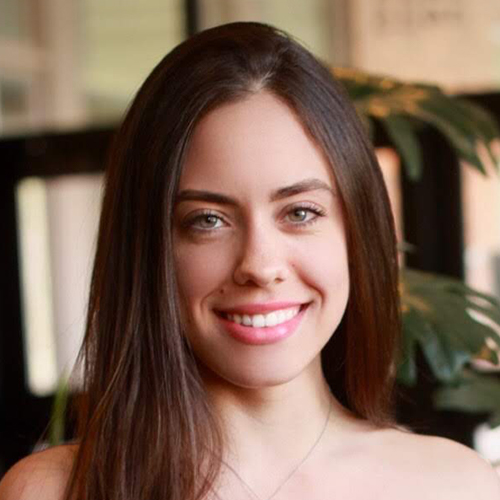
“Through the amazing research opportunities here, I finally found what was missing.”Read More
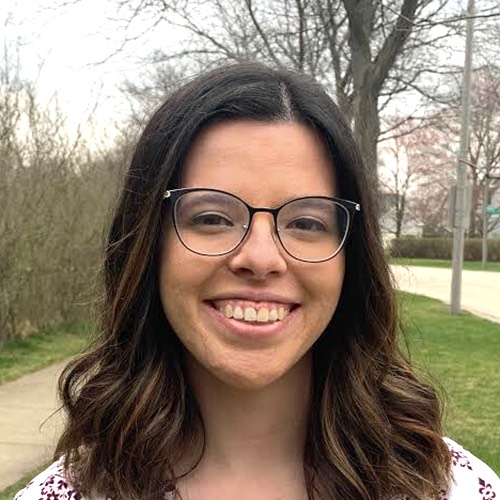
“It was an incredible experience to apply all kinds of chemistry that I️ learned in the classroom before my internship and to work on a project that could have a direct impact on the world.”Read More
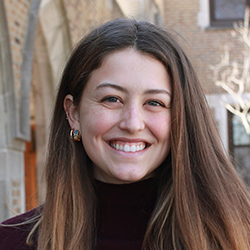
“My professors armed me with the tools and resources I needed to be successful in my field.”Read More

Supportive mentors, experience in the field and a foundation in the liberal arts and sciences prepare Augustana graduates for the complex future of health care.
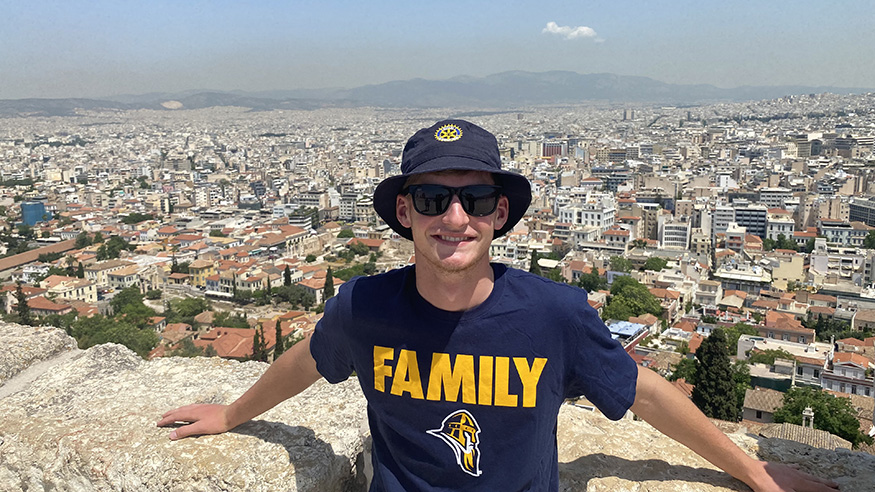
Three 2024 grads show what can happen with curiosity, internships, good challenges and support from their Augustana success team.
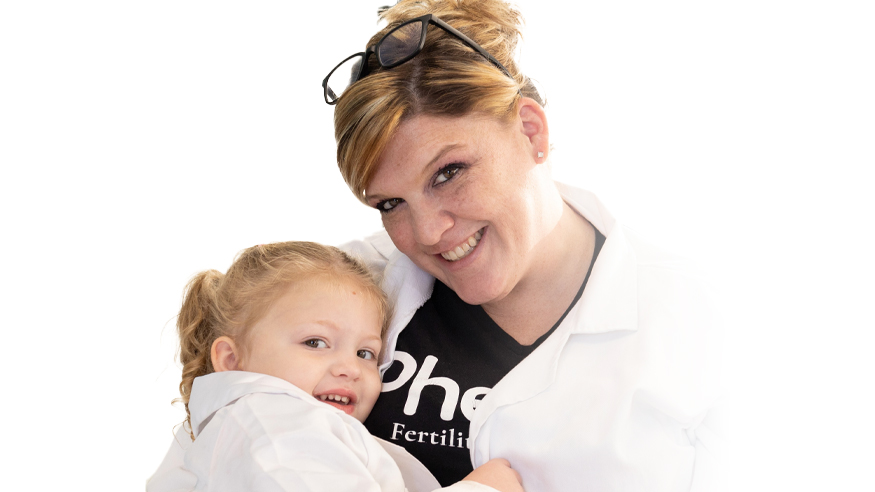
Some people make a career of improving lives. Dr. Jenn Hintzsche ’06 also helps create them. The FDA has granted clearance to an at-home insemination kit that allows would-be parents to take control of their experience. Dr. Hintzsche created the device.